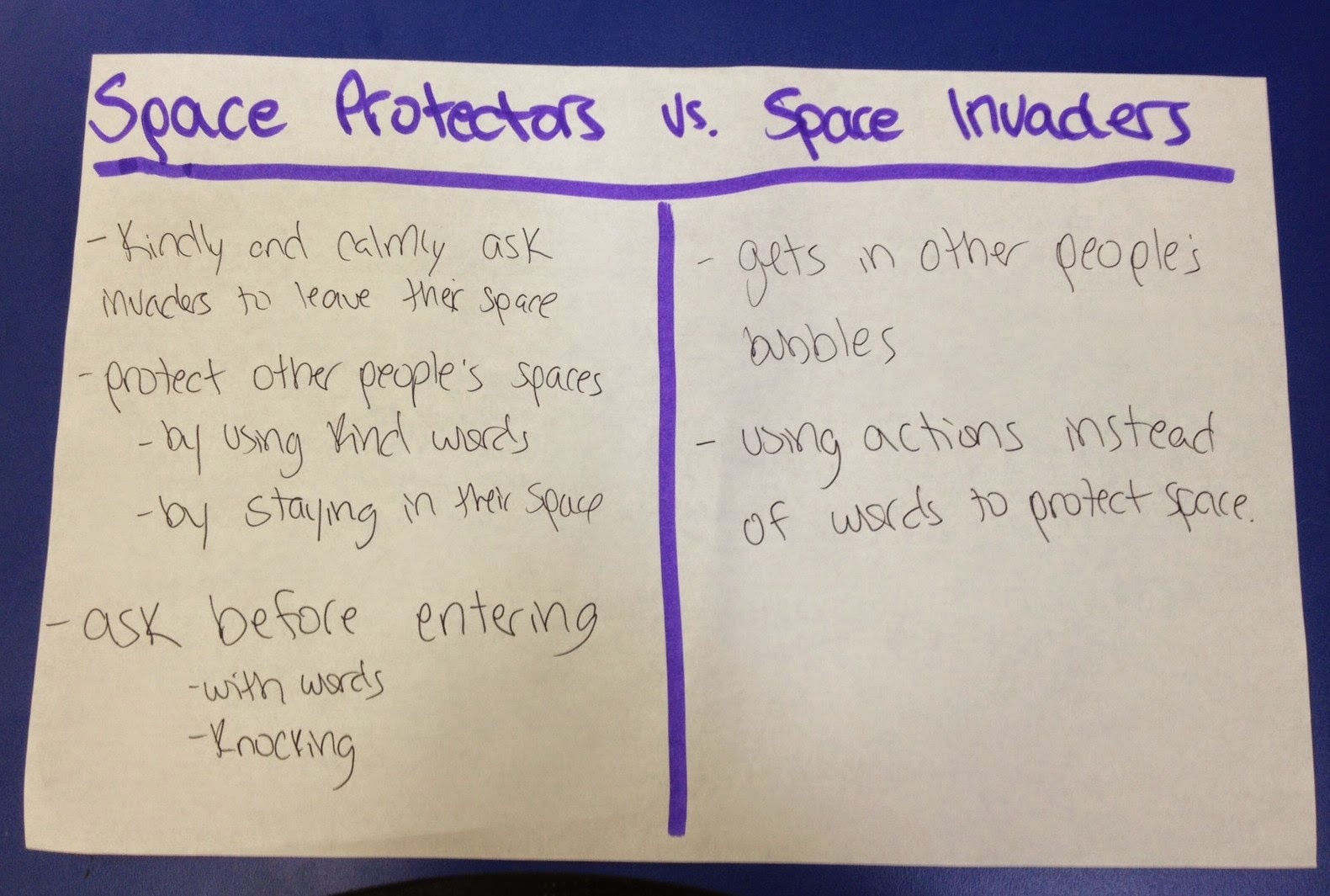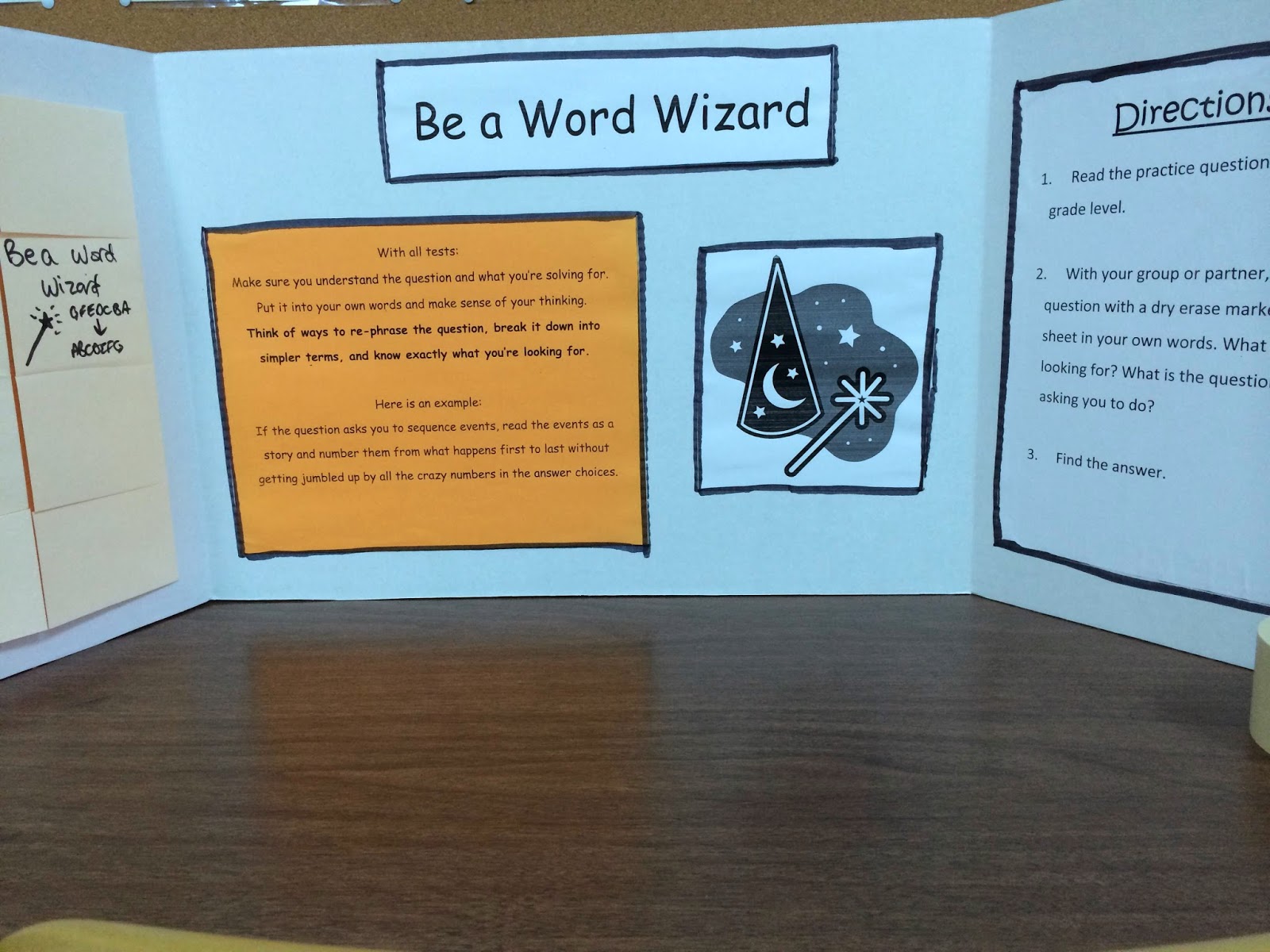Besides the college week Morning Meetings, my co-counselor and I coordinated a few other things:
1. Morning Announcements
2. Non-Fiction Challenge
As mentioned in Monday's announcement, students who checked out a non-fiction book from the library during college week got a chance to score a bookmark for our local NHL team that also served as a "buy one get one" ticket coupon. To be eligible, students had to turn in a super short worksheet of sorts (with their name, the book title, and one question about the text) when they turned in their book.
3. Related Arts Collaboration - Computers Class
We worked with our computers teacher to collaborate on 1st/2nd and 3rd/4th lessons. One thing counselors in our district are tasked with is helping boost students' technological skills and so we relish any opportunity work with her and infuse college/career/SEL into computers class.
For the 3rd/4th lesson, students visited the Monsters University website and then completed a pretend "college application"



4. Related Arts Collaboration - Everyone Else
An email that went out to our other related arts teachers:
5. Bulletin Board
About two weeks before college week, we asked all faculty and staff to complete a short google doc survey about college (major, degree, extracurriculars, etc.). My co-counselor made a bulletin board with graphs from the data and then classroom teachers were given a handout with extension questions (generated by our numeracy coach) to talk to their students about when they pass the board.

1. Morning Announcements
Monday: This week is College Week in metro schools and each day this week you’ll learn something new about college. EVERY student at this school can go to college. With hard work, nothing can get in your way.
Did you know that most things you’ll read in college are non-fiction? Because of this were are kicking of a “non-fiction challenge” in the library. If you check out a non-fiction book this week from the library, you could win a Predators bookmark that’s good for a free Preds ticket with the purchase of another ticket!
Tuesday: Did you know that there are over 25 colleges in the Nashville area? Your teachers have gone to some of them: Vanderbilt, Lipscomb, Fisk, Trevecca Nazarene, and TSU. You can learn more about these and other colleges at the college fair tonight at the Tennessee State Fairgrounds from 3:30-7:00pm.
Wednesday: Did you know that in college you pick a major to study?. Think of it as your favorite subject. In college you get to pick your own classes. For example, if you want to learn more about animals, you will take classes on animals. If you want to learn more about computers, you will take classes about computers
Thursday: Did you know that college graduates earn, on average, about $20,000 more a year than people who don’t go to school after high school? That means going to college could earn you almost one million more dollars in your life than if you don’t go! Also, remember that tomorrow is College T-Shirt and Colors Day. Wear a college t-shirt or a polo in your favorite college color tomorrow.
Friday: Did you know that the creator of Spongebob Squarepants has two college degrees, one in marine biology and one in animation? There are so many amazing jobs that you can get with a college degree.
2. Non-Fiction Challenge
As mentioned in Monday's announcement, students who checked out a non-fiction book from the library during college week got a chance to score a bookmark for our local NHL team that also served as a "buy one get one" ticket coupon. To be eligible, students had to turn in a super short worksheet of sorts (with their name, the book title, and one question about the text) when they turned in their book.
3. Related Arts Collaboration - Computers Class
We worked with our computers teacher to collaborate on 1st/2nd and 3rd/4th lessons. One thing counselors in our district are tasked with is helping boost students' technological skills and so we relish any opportunity work with her and infuse college/career/SEL into computers class.
For the 3rd/4th lesson, students visited the Monsters University website and then completed a pretend "college application"
4. Related Arts Collaboration - Everyone Else
An email that went out to our other related arts teachers:
"Hey! Next week is College Week in MNPS. If your lessons are not set in stone, it would be awesome for you to incorporate something college-related into your classes next week. Below are some ideas off the top of our heads that fall in line with your area, but y’all probably have even better ideas.
Art: design your own logo/mascot or college pennant or discuss art-related majors or do an art activity with them that you did in a college art class
Music: learn/discuss fight songs or discuss music-related majors
Health: learn about the kinds of food in college cafeterias (even more delicious than elementary cafs!) or discuss health-related majors
PE: Discussion or YouTube videos on things you can study in college if you love physical education, some sort of college trivia activity where students use movement to indicate their guesses/answers, watch a segment of a college sporting event and then discuss 1) how awesome it is to go to these and how students get to go for cheap and 2) what sort of skills they saw the athletes use that they've learned in PE (overhand throw for example), discuss the different club sports/activities at a school like UT (i.e. How can you stay fit and have fun in college?) and then play some of them. Discuss/recreate “mini” college bowls
Please let us know if you’d like any help/support from either of us in this!"
Please let us know if you’d like any help/support from either of us in this!"
5. Bulletin Board
About two weeks before college week, we asked all faculty and staff to complete a short google doc survey about college (major, degree, extracurriculars, etc.). My co-counselor made a bulletin board with graphs from the data and then classroom teachers were given a handout with extension questions (generated by our numeracy coach) to talk to their students about when they pass the board.




























-page-001.jpg)
-page-002.jpg)
-page-003.jpg)
-page-004.jpg)
